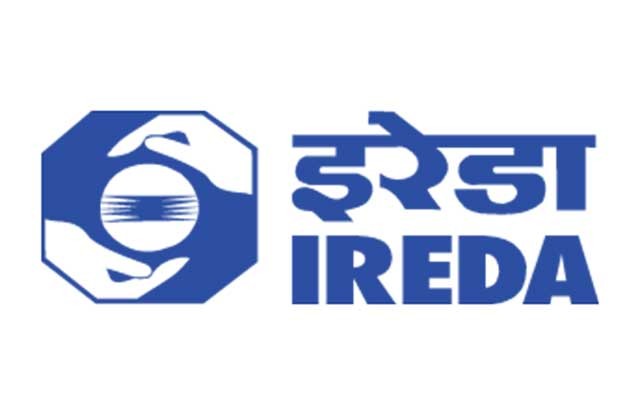Biomass Briquette: Success Story
Background:
Many of the developing countries produce huge quantities of agro residues but they are used inefficiently causing extensive pollution to the environment. The major residues are rice husk, coffee husk, coir pith, jute sticks, bagasse, groundnut shells, mustard stalks and cotton stalks. Sawdust, a milling residue is also available in huge quantity. Apart from the problems of transportation, storage, and handling, the direct burning of loose biomass in conventional grates is associated with very low thermal efficiency and widespread air pollution. In addition, a large percentage of un-burnt carbonaceous ash has to be disposed of.
A Briquetting machine allows you to compress wastes like sawdust, chips, sugarcane bagasse and other agro-wastes into briquettes that are environmental friendly and have high calorific value. Burning briquettes as a fuel completes a natural cycle; on combustion they only release as much carbon dioxide back in the atmosphere as was originally absorbed by the growing tree during photosynthesis. Biomass briquettes can be used for power generation or for thermal application but mostly they are used for thermal application in industries replacing conventional fuel.
At present two main high pressure technologies: ram or piston press and screw extrusion machines, are used for briquetting. While the briquettes produced by a piston press are completely solid, screw press briquettes on the other hand have a concentric hole which gives better combustion characteristics due to a larger specific area. The screw press briquettes are also homogeneous and do not disintegrate easily. Having a high combustion rate, these can substitute for coal in most applications and in boilers.












